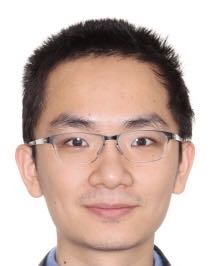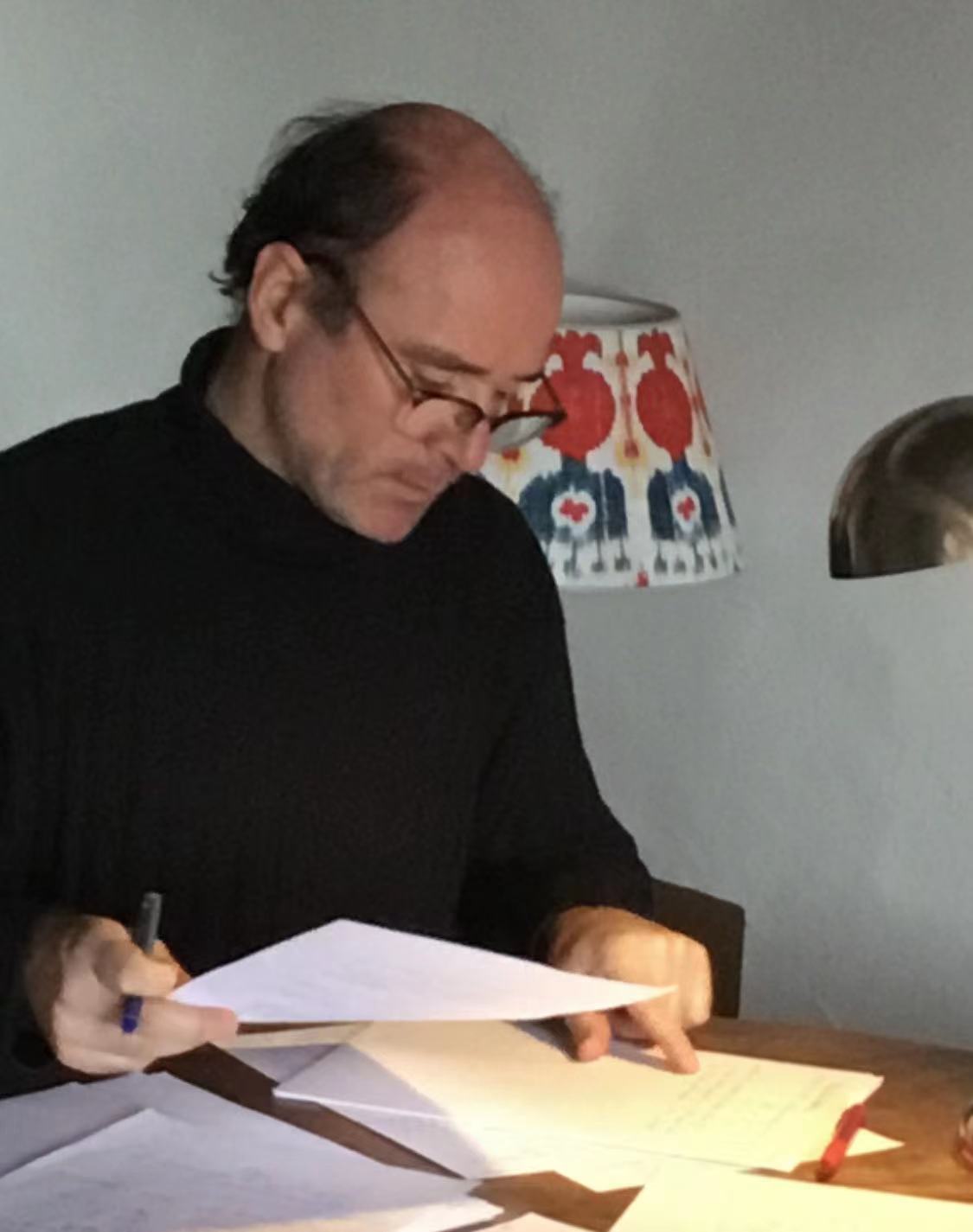Upcoming talk:
Title: Moduli of vector bundles on curve and semiorthogonal decomposition
Speaker: Kai Xu (Harvard University)
Time: Wed., 14:00-15:00, June 14, 2023
Location: Lecture Hall, 3rd floor, Jinchun Yuan West Building
Abstract:
We will construct semiorthogonal decompositions of moduli of vector bundles on a curve C into the symmetric powers of C. As essential ingredients in the proof, we will develop Borel-Weil-Bott theory for loop groups on twisted moduli spaces and derived Schur-Weyl duality for current groups. We will also discuss the relation with supersymmetric gauge theory.
Bio:
Kai Xu obtained his Ph.D. in mathematics in 2023 from Harvard. He is interested in geometric structures in quantum field theory and string theory.

Past talks:
Title: Introduction to Resurgent Transseries and Alien Calculus on the Example of Saddle-Node ODEs
Speaker: David Sauzin (CNRS-IMCCE, Paris Observatory)
Time:Tues., 13:30-15:00, April 25, 2023
Venue:Conference Room 1, Jin Chun Yuan West Building (近春园西楼第一会议室)
Abstract:
Resurgence Theory has become a fixture in the past decade's mathematics/physics research literature, with applications ranging from wall-crossing phenomena and exact WKB method to deformation quantisation and TQFT. Here, I'll use the example of the class of the "Saddle-Node" Ordinary Differential Equations to try to explain what the resurgent toolbox concretely consists of. It may be seen as a refinement of the Borel-Laplace summation method designed to encompass the transseries which naturally arise in a variety of situations. Typically, a resurgent series is a divergent power series in one indeterminate that appears as the common asymptotic expansion to several analytic functions, and these functions differ by exponentially small quantities. More than 40 years ago, Jean ÉCALLE invented the so-called "alien derivations" to measure these exponentially small discrepancies and to give quite a concrete description of various moduli spaces in the context of local analytic dynamical systems. More or less at the same time, it was realised that André VOROS's approach to the WKB series of 1D Schrödinger operators leads to resurgence in \hbar, but the story is not over...
Bio:
Dr. Sauzin is a senior researcher in mathematics at CNRS in France. He has worked intensively in the areas of nonlinear dynamical systems, summability theory, Ecalle's resurgence theory (which deals primarily with the behavior of asymptotic series or transseries), and mould calculus (a powerful combinatorial technique). He contributed to the theory of Hamiltonian perturbations (exponentially small separatrix splitting, Nekhoroshev's exponential stability theorem and examples of Arnold diffusion and wandering domains in Gevrey near-integrable systems), averaging theory in Gevrey classes, and holomorphic dynamics in one or two dimensions, and more recently applications of Resurgence to mathematical physics (Deformation quantization, quantum modularity and TQFT). He has made very fundamental contributions to Summability theory and Resurgence theory and is member of M. Kontsevich's team within the ERC Synergy Grant "Recursive and Exact New Quantum Theory" project https://renewquantum.eu/







